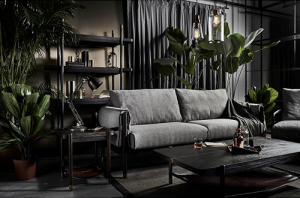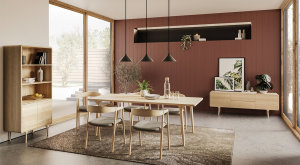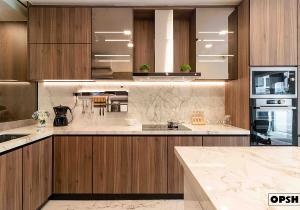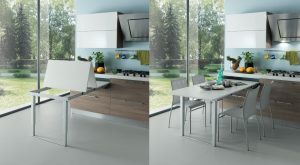Featured Post
Transform Your Space: How to Create a Cohesive Color Scheme in Your Home
Creating a cohesive color scheme in your home can transform your space from disjointed to harmonious. It's about more than just picking pretty colors; it's about creating a flow that connects each room while reflecting your personal style. In this guide, we'll explore how to choose a color palette, consider the function of each room, and incorporate unique furniture pieces to achieve a cohesive look.
Choosing a Color Palette
- Start with a base color that you love and that sets the tone for your home.
- Use the 60-30-10 rule: 60% dominant color, 30% secondary color, 10% accent color.
- Consider the color wheel for complementary or analogous schemes.
- Example: If you love blue, use it as your dominant color, pair it with a secondary color like gray, and add pops of yellow for accent.
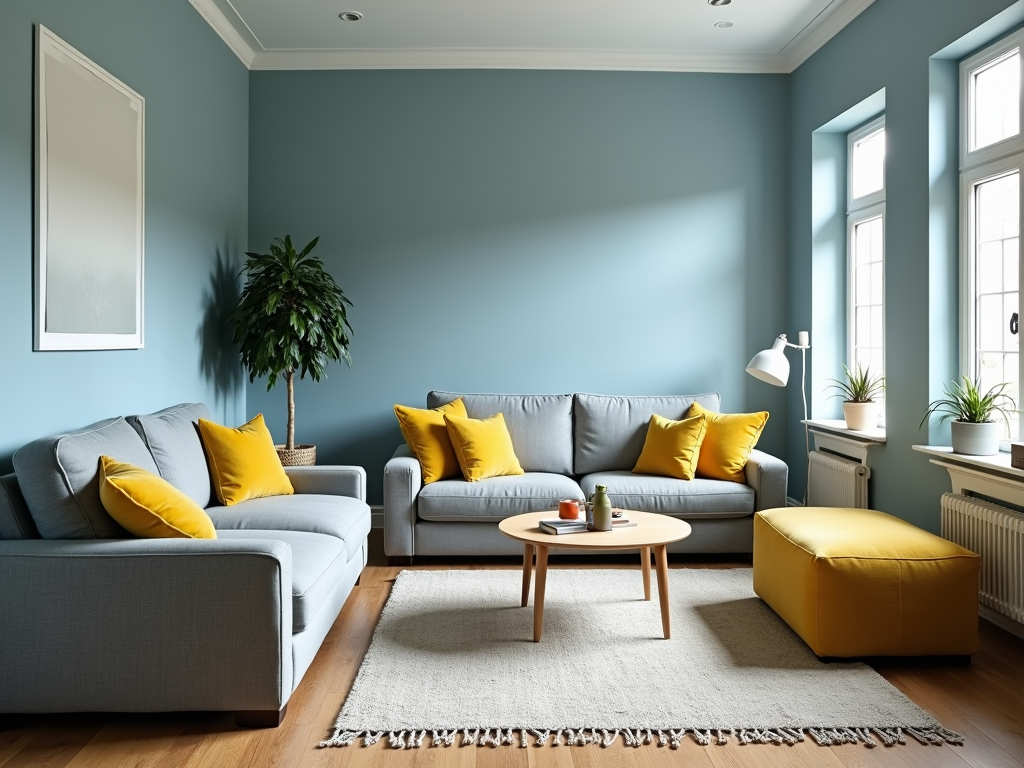
Considering Room Functions
- Different rooms have different purposes, so their color schemes should reflect that.
- For example, calming colors like blues and greens are great for bedrooms, while energizing colors like reds and oranges work well in dining areas.
- Think about the mood you want to create in each room.
- Example: A serene bedroom with soft green walls, a plush bed, and natural wood furniture.
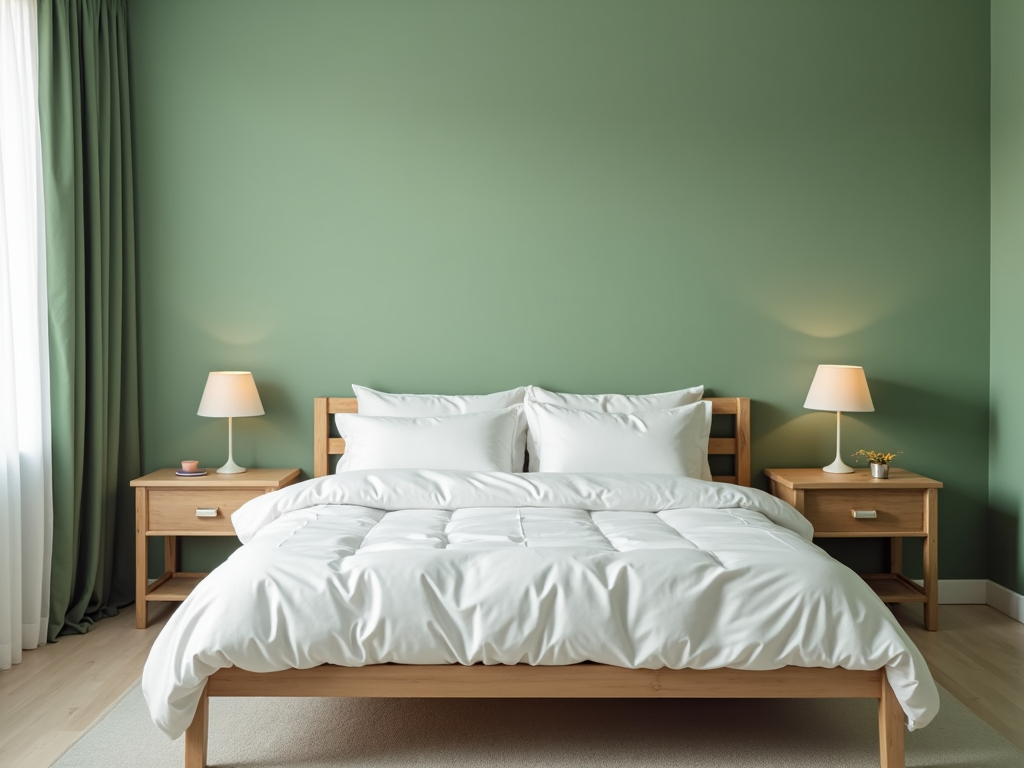
Incorporating Furniture
- Furniture is a key element in tying your color scheme together.
- Look for pieces that complement your color palette and add visual interest.
- Unique sofa shapes and designs can be a focal point in a room.
- Example: A curved sofa in a rich velvet fabric can add a touch of luxury and tie in with your accent colors.
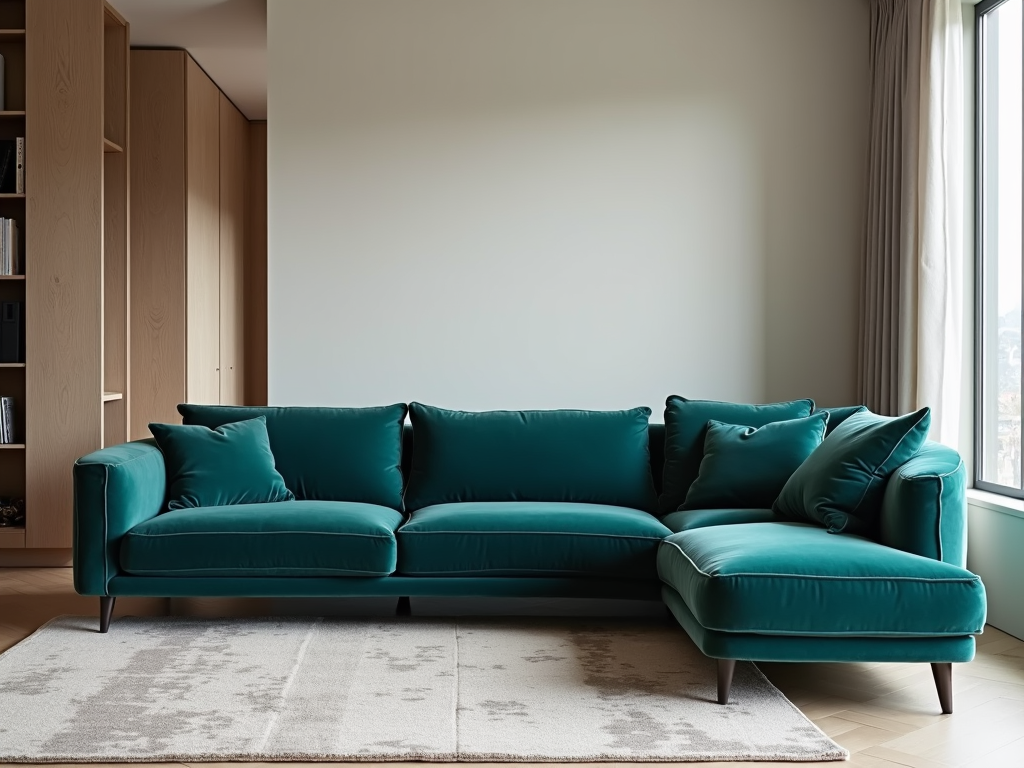
Creating a cohesive color scheme in your home is a rewarding process that can transform your space. By choosing a color palette that reflects your style, considering the function of each room, and incorporating unique furniture pieces, you can achieve a harmonious look that ties your home together. Start with one room and see how the right colors can make a world of difference.


